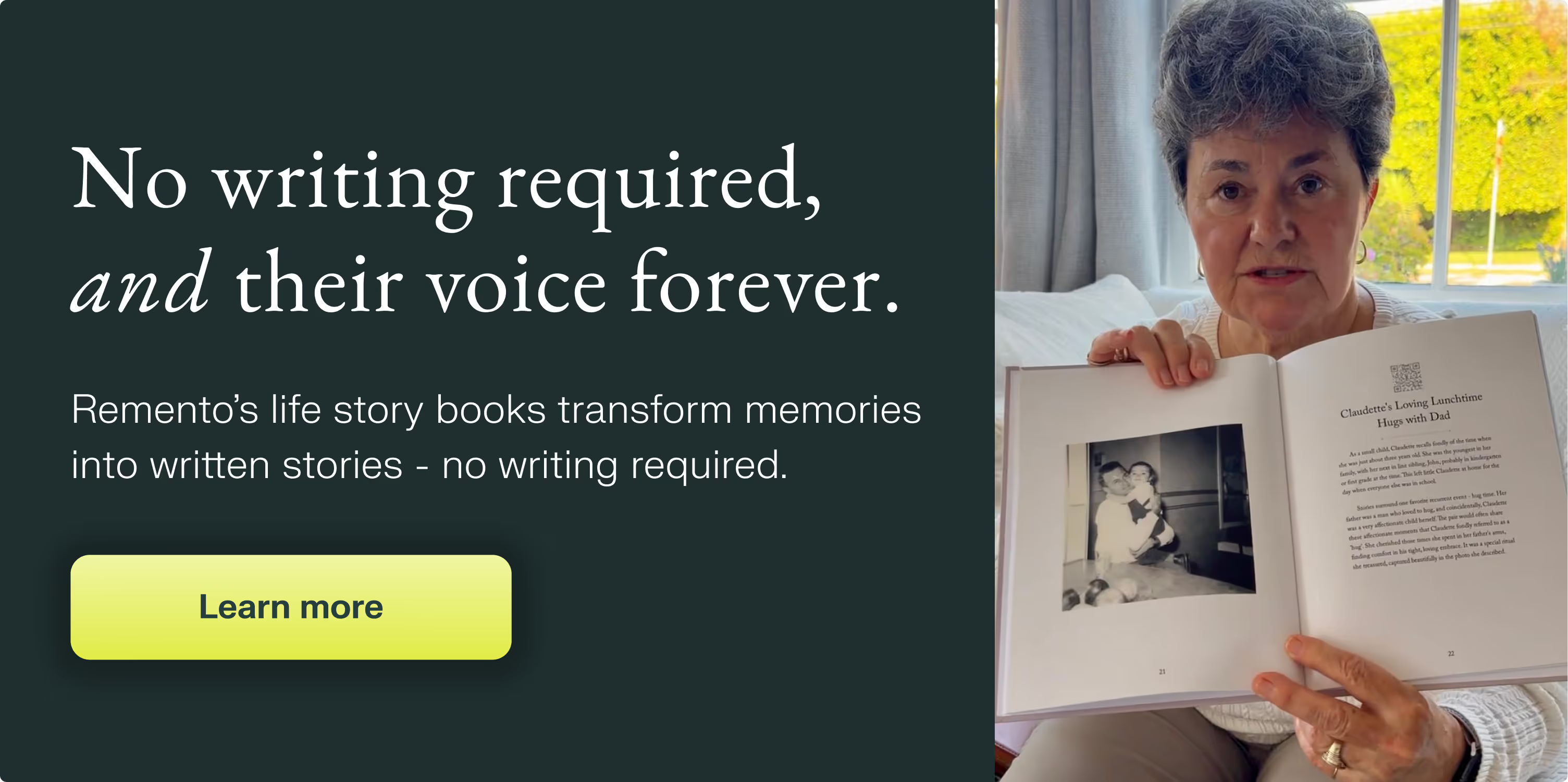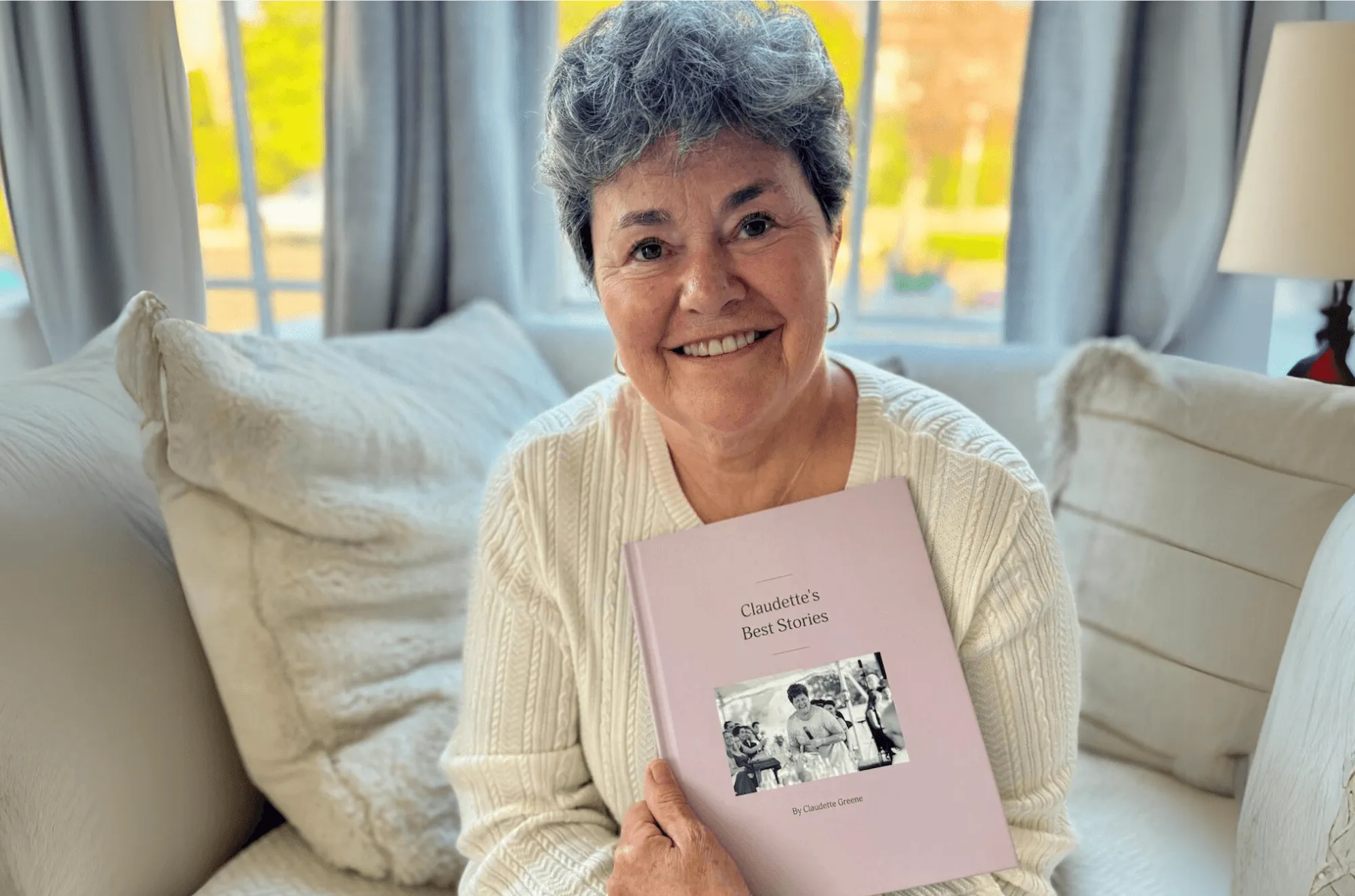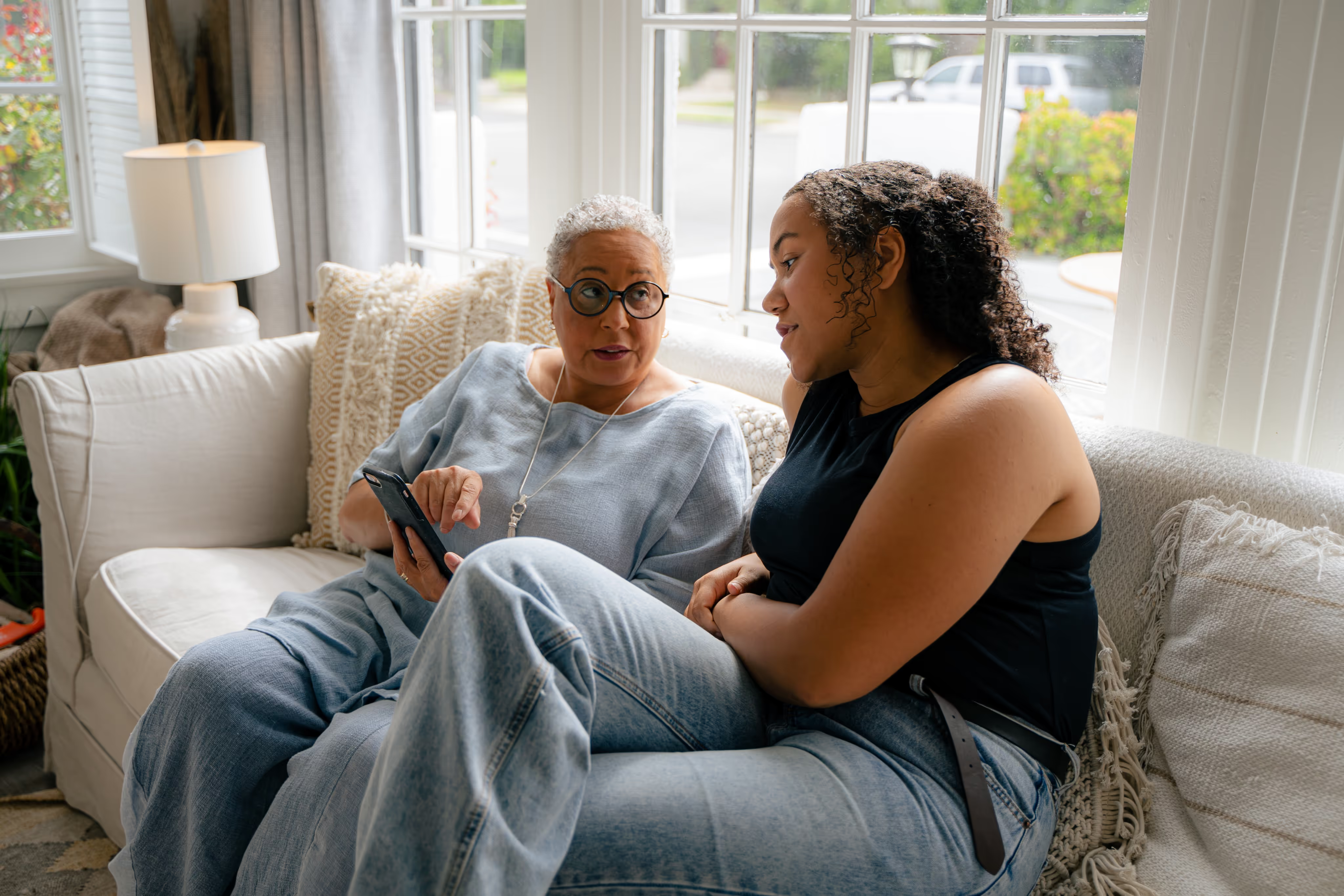Guaranteed to teach you things you never knew.
Tips for Great Dinner Conversations
Paul J. Zak, professor and founder of Immersion Neuroscience, shares tips on sparking meaningful conversations around the dinner table.
Professor, scientist, and author of the new book Immersion: The Science of the Extraordinary and the Source of Happiness, Paul J. Zak, shares practical advice on getting more from our conversations with family or friends around the dinner table. Grounded in neuroscience, he knows the benefits of storytelling and how listening to others is an act of love.
Connecting with friends, family, or colleagues over a meal is a classic opportunity to come together and nurture a relationship through meaningful conversation. But sometimes it can be difficult to go beyond surface topics and keep everyone engaged. To help you make the most out of your family dinner conversations, here are several tips to get the conversation flowing and ensure everyone enjoys the experience.
What are the elements of a good dinner conversation?
Create Space
Good dinner conversation starts by creating the conditions for true sharing. This is called psychological safety and allows people to settle in and relax with a little chitchat before having a meaningful exchange. Once the exchange starts, open hot. Say something provocative that will kick start the brain's processing regions so the listeners can be fully engaged in your story. And, story is the right word. Using a narrative arc is the most effective as it captures and keeps our attention. This can be difficult, because the brain is constantly looking for ways to conserve energy and effort – and we may be prone to “zone out” if there are other, more pressing items on our mind.
Share a Story, Not an Itinerary
Gripping conversations have an emotional component and are well-structured. If someone asks about the recent trip you went on, for example, try not to just list off everywhere that you visited, but tell them an interesting story that happened on the trip, and how you felt throughout. This makes your discussion feel more tangible and relatable.
Ask Specific Questions
Also, of course, any good conversation starts with a good question. Questions like “how was your day?” can be good to start, but they may fail to elicit those emotional responses and stories you are looking for to keep the group’s attention. An example of a good question could be: “Lily, I know your wedding is just around the corner. How did you and Toni meet?” This question draws on recent events and could spark an attention-grabbing, emotional response.
How should you approach difficult or heavy conversations?
Choose the Right Time and Place
Between the pandemic, political divisions, and more, the past several years have certainly opened the door to difficult conversations – but there are a few ways we can make those heavy conversations lighter. First and foremost, if you’re introducing the conversation, make sure that your friend or family member is ready to talk.

Even if the conversation feels urgent, ask yourself if the dinner table is the right setting: will bringing this up embarrass them, or make them defensive? Or is this a conversation that the entire group would benefit from having?
Listen More Than You Speak
Once you’re in the conversation, approach with a “listen-first” mindset. Allow the others to talk, and thank them for sharing their side of the story – even if you don’t fully agree with it. Also remember that it may take more than one conversation to resolve this issue, so you can always revisit it if someone starts to get upset or needs a break.
Be Brave
Lastly, remember that even if a conversation is heavy, it can also be healing (think: talk therapy!) – so don’t shy away from getting something off of your chest, even if it’s difficult to talk about.
What's the best way to connect through conversation at the dinner table?
Share a Story
Storytelling is one of the best ways to connect with loved ones. Studies have shown us that stories are great at cultivating empathy because they help us transport ourselves into the lives of others. In fact, the same pathways in our brains that are associated with love light up when we listen to someone’s story. These effects in the brain are amplified when the story is told to multiple people in a group setting, like the dinner table!
Ask Others to Share
So, with that in mind, whether you’re entering a new friend group or dusting off old connections with family members you haven’t seen in years, try storytelling. Ask your new book club members to share the story of how their favorite book changed their life. Or ask grandad to recount the story of how he got in trouble for sneaking out when he was a kid (even if you’ve heard it a hundred times!). If you’re hoping to reconnect with someone, invest your time and attention to listening and asking about their stories.
If you're looking for inspiration, check out the questions in the free Remento app. Written by experts and designed to spark meaningful conversations with everyone in your life.
About Paul J. Zak
The information in this article is based on learnings and research by Remento advisor, Paul J. Zak. Paul J. Zak, Ph.D., is a professor of economics, psychology and management at Claremont Graduate University, the founder of Immersion Neuroscience, and the author of Immersion: The Science of the Extraordinary and the Source of Happiness.
Next up: 30 Icebreakers Guaranteed to Add Some Spice to Holiday Gatherings

Their stories, forever at your fingertips
Remento’s life story books turn a parent or grandparent’s memories of the past into a keepsake book for the future - no writing required,.
Capture priceless family memories today
Join the thousands of families using Remento to preserve family history, all without writing a word.
.avif)
.avif)
